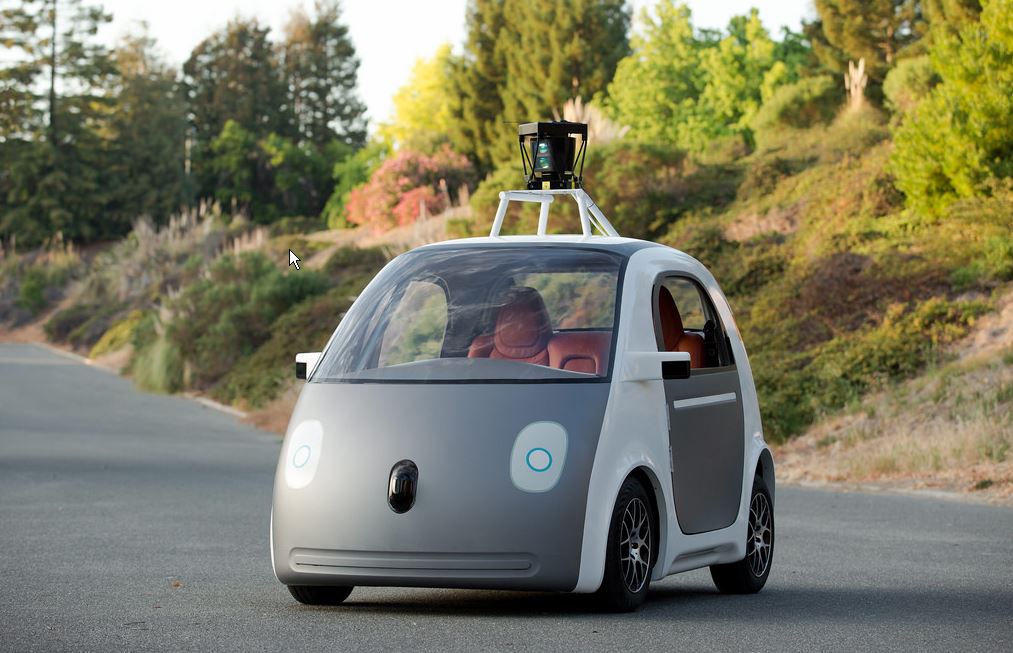Over the years, electric cars have made significant steps in the car industry technology making them more popular than before. Despite that, people are still not yet convinced entirely to switching from the usual fuel powered vehicles. This has been partly due to the myths and misconceptions that electric cars still suffer from the disadvantages they had when they were introduced some years back.
Choosing between the traditional gas-powered car and an electric car can be a daunting task. Let’s take a look at both the advantages and disadvantages of electric vehicles.
The Pros:
Goodbye to Buying Gas
The most significant and palpable advantage of the electric car is that you’ll no longer need gas. Gas prices are high and on average people with gas-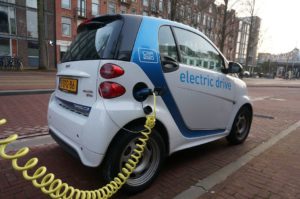 powered vehicles spend thousands of dollars in purchasing gas alone. Unlike the gas-powered cars, fully electric cars such as the Tesla Model S, gas expenses are fully eliminated even though electricity isn’t free but it is cheaper.
powered vehicles spend thousands of dollars in purchasing gas alone. Unlike the gas-powered cars, fully electric cars such as the Tesla Model S, gas expenses are fully eliminated even though electricity isn’t free but it is cheaper.
For the hybrid cars, those that use both electric power and gas as a range extender, a considerable chunk of the gas expenditure will be cut.
Cheaper Maintenance Costs
Since the electric car is fully electric, it does not require engine oil for engine lubrication. What this means is that the extra expenses such as changing the engine oil will be absent. Also, brakes won’t wear out fast; therefore you will not need to replace them frequently like in a gas-powered car.
Quiet and Fast
Electric cars offer a smooth driving experience. With their high torque, stepping on the accelerator quickly disseminates power to the wheels. This makes most gas-powered vehicles sound more old-fashioned and noisy.
No Emissions
Since they don’t produce smoke, electric cars ensure that they help maintain a clean and emissions-free environment for us.
The Cons:
May Run Out of Juice
On full charge most, cars are restricted to around 100 miles. Fear of running out of charge before you get to your destination or near a charging station makes people reconsider buying electric cars.
Long Recharging Times
Currently, electric cars can add 20-25 miles of charge in an hour, for full charge, they require several hours, unlike gas powered cars where you can 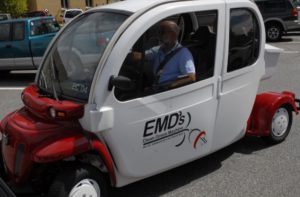 quickly fill your tank in less than 10 minutes. This of course is a disadvantage for people in case they want to go for road trips.
quickly fill your tank in less than 10 minutes. This of course is a disadvantage for people in case they want to go for road trips.
In regions with high number of electric cars, DC chargers able of adding around 50 miles of range in say 25 minutes are available.…


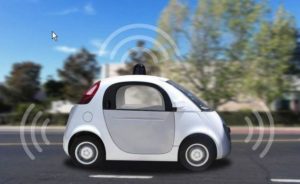 could salvage this situation. At the moment this could be an imagination if you take your time and think about these cars, but on the contrary, it could be a reality in some years to come.
could salvage this situation. At the moment this could be an imagination if you take your time and think about these cars, but on the contrary, it could be a reality in some years to come.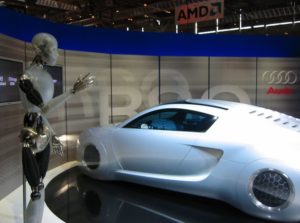 the human behavior factor, studies have shown that will lead to an increase in fuel efficiency.
the human behavior factor, studies have shown that will lead to an increase in fuel efficiency.